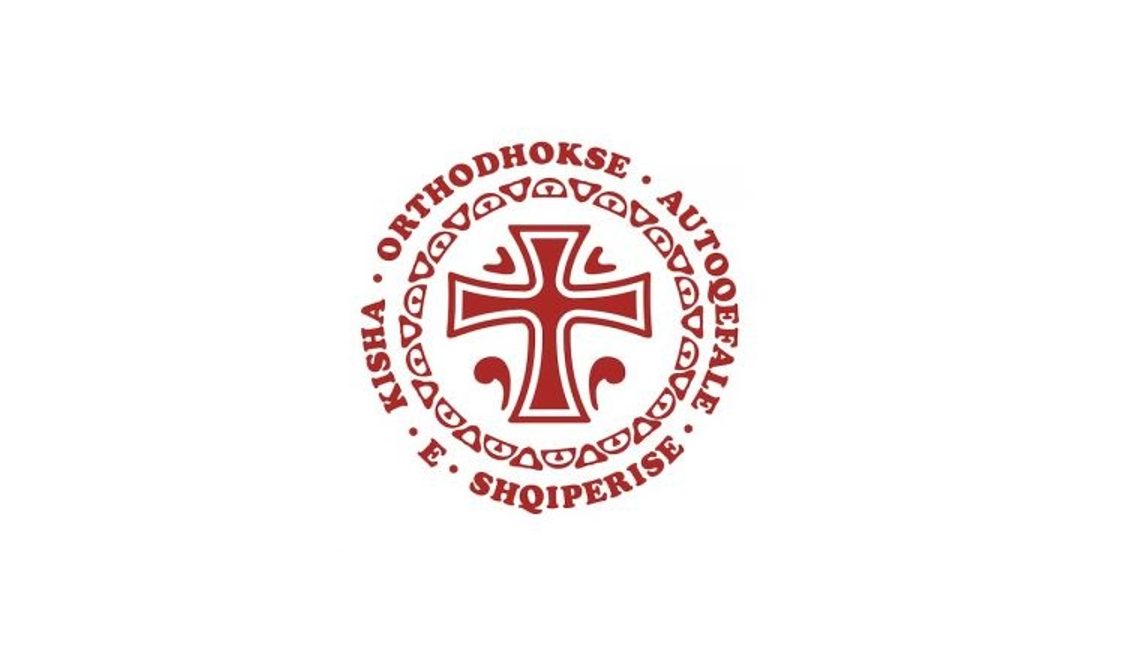Albanian Church Raises Alarm Over Persecution of Ukrainian Orthodox Church

OCP News Service – 28/08/2024
Tirana – Albania: The Autocephalous Orthodox Church of Albania has strongly condemned the recent legislation enacted by the Ukrainian parliament, Law no. 8371/24.8.2024, which aims to suppress the canonical Ukrainian Orthodox Church.
In a statement released today, the Albanian Church described the actions of the Ukrainian government as “brutal” and “crude,” accusing them of persecuting millions of Ukrainian Orthodox believers. The statement highlighted the imprisonment of bishops, priests, monks, and nuns who remain loyal to Metropolitan Onuphry, the leader of the canonical Orthodox Church.
Drawing inspiration from the Apostle Paul’s words, “if one member suffers, then all suffer with it,” the Albanian Church expressed solidarity with their persecuted Ukrainian brothers and sisters. They called for an immediate end to the bloody conflict in Ukraine and the repeal of the discriminatory law.
The Albanian Church also emphasized the importance of peace and unity within Orthodoxy, urging all members of the Church to fulfill their witness to the world.
OCP News Service
